Digestive System: Fuelling the Body
The digestive system is a complex and intricately designed network within the human body, responsible for breaking down food into nutrients that fuel our energy needs. Comprising various organs, each with specific functions, this system is crucial for nutrient absorption and waste elimination.
Description of the Digestive System
The digestive system is akin to a finely tuned factory, where food undergoes a series of processes to be transformed into essential nutrients. From the moment food enters the mouth until waste is expelled, the digestive system plays a fundamental role in maintaining the body’s energy levels and overall health.

Key Organs and Their Functions
1. Mouth
Function: The process of digestion begins in the mouth, where food is broken down mechanically by chewing and chemically by saliva, which contains enzymes that initiate the breakdown of carbohydrates.
2. Esophagus
Function: Once chewed and mixed with saliva, food travels down the esophagus via a process called peristalsis, a series of muscular contractions.

3. Stomach
Function: The stomach acts as a storage and mixing chamber, where food is further broken down by gastric juices, forming a semiliquid substance called chyme.

4. Liver
Function: The liver produces bile, a substance that emulsifies fats, making them easier to digest. It also processes and stores nutrients absorbed from the small intestine.
5. Gallbladder
Function: The gallbladder stores bile produced by the liver and releases it into the small intestine to aid in the digestion of fats.

6. Pancreas
Function: The pancreas secretes digestive enzymes into the small intestine to further break down carbohydrates, fats, and proteins. It also regulates blood sugar levels by producing insulin.

7. Small Intestine
Function: Most nutrient absorption occurs in the small intestine. The walls are lined with tiny fingerlike projections called villi and microvilli, which increase the surface area for nutrient absorption.
8. Large Intestine (Colon)
Function: The colon absorbs water and electrolytes from undigested food, forming feces. It also houses beneficial bacteria that contribute to the breakdown of certain substances.

9. Rectum
Function: The rectum stores feces until they are ready to be expelled from the body.
10. Anus
Function: The anus is the endpoint of the digestive system, where waste is eliminated from the body through the process of defecation.

Nutrient Absorption and Waste Elimination
1. Nutrient Absorption
Process: Nutrient absorption primarily occurs in the small intestine. Villi and microvilli on the intestinal walls absorb nutrients such as glucose, amino acids, fatty acids, and vitamins into the bloodstream.
Transport: Once absorbed, nutrients are transported to various cells and organs through the bloodstream to fuel essential bodily functions.
2. Waste Elimination
Process: Undigested and unabsorbed food, along with waste products, move from the small intestine to the large intestine.
Water Absorption: In the colon, water and electrolytes are absorbed from the undigested material, forming feces.
Elimination: Feces are stored in the rectum until a bowel movement occurs, expelling waste through the anus.
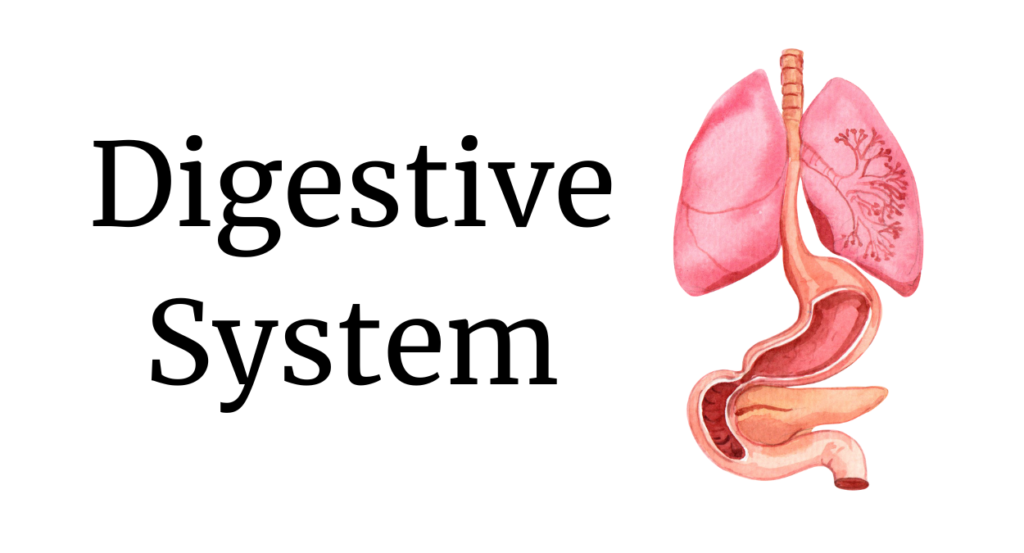
Fuelling the Body’s Engine
Imagine the digestive system as a fueling station, processing raw materials (food) into the energy and nutrients needed to power the body’s intricate machinery. From the initial bite to the final elimination, each step in the digestive process is crucial for maintaining the body’s vitality and functionality.
Understanding the intricacies of the digestive system not only underscores its role in nutrient absorption but also emphasizes the importance of making healthy dietary choices. As we explore the wonders of human biology, the digestive system stands as a testament to the remarkable efficiency with which our bodies extract essential nutrients from the food we consume.
FAQs about the Digestive System:
1. Q: What is the Digestive System, and what is its primary function?
A: The Digestive System is a complex network of organs that break down food into nutrients, absorb these nutrients, and eliminate waste. Its primary function is to provide the body with essential energy and substances needed for growth and maintenance.
2. Q: What are the main organs involved in the Digestive System?
A: The major organs include the mouth, esophagus, stomach, small intestine, large intestine, liver, and pancreas, each playing a specific role in digestion and nutrient absorption.
3. Q: How does the digestive process begin, and what is the role of saliva?
A: Digestion begins in the mouth, where food is broken down by chewing and mixed with saliva. Saliva contains enzymes like amylase that initiate the breakdown of carbohydrates.
4. Q: What happens in the stomach during digestion, and how is it protected from stomach acids?
A: The stomach churns and mixes food with gastric juices, breaking it down into a semiliquid substance called chyme. The stomach lining is protected by a mucus layer, preventing damage from stomach acids.
5. Q: How does the small intestine contribute to nutrient absorption, and why is it crucial for digestion?
A: The small intestine is where the majority of nutrient absorption occurs. It has specialized structures called villi and microvilli that increase the surface area for efficient absorption of nutrients into the bloodstream.
6. Q: What is the role of the liver in digestion, and how does it support the digestive process?
A: The liver produces bile, which emulsifies fats, aiding in their digestion and absorption. It also detoxifies substances and stores nutrients for later use.
7. Q: How does the large intestine contribute to digestion, and what is its role in waste elimination?
A: The large intestine absorbs water and electrolytes from undigested food, forming feces. It also houses beneficial bacteria that aid in the final stages of digestion. The rectum and anus eliminate waste from the body.
8. Q: Can lifestyle choices impact Digestive System health, and what are common digestive disorders?
A: Healthy eating habits, staying hydrated, and regular exercise promote digestive health. Common disorders include irritable bowel syndrome (IBS), gastroesophageal reflux disease (GERD), and inflammatory bowel diseases (IBD).
9. Q: How does the Digestive System support overall Well-being and energy levels?
A: A well-functioning Digestive System ensures the absorption of essential nutrients, supporting energy production, immune function, and overall vitality.
10. Q: What are some dietary tips for maintaining a healthy Digestive System?
A: Consuming a balanced diet rich in fiber, staying hydrated, and avoiding excessive intake of processed foods and sugars contribute to digestive wellness.
Understanding the Digestive System is key to maintaining overall health and vitality, as it plays a pivotal role in fuelling the body with essential nutrients.

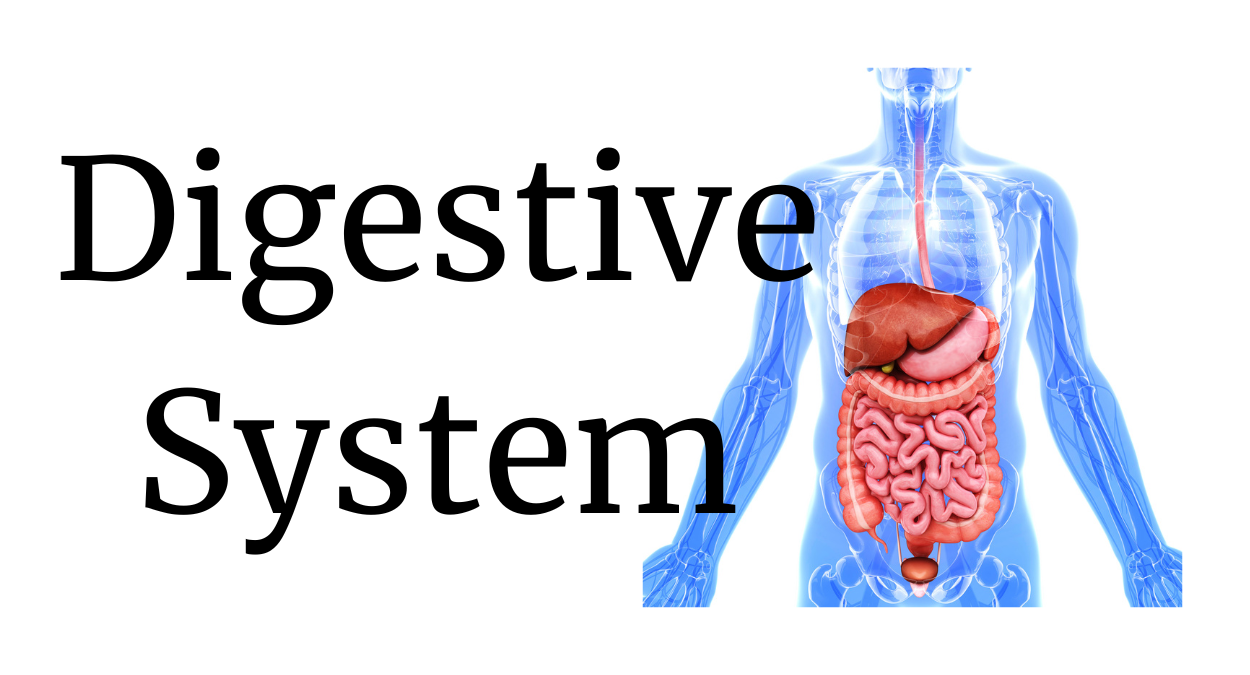
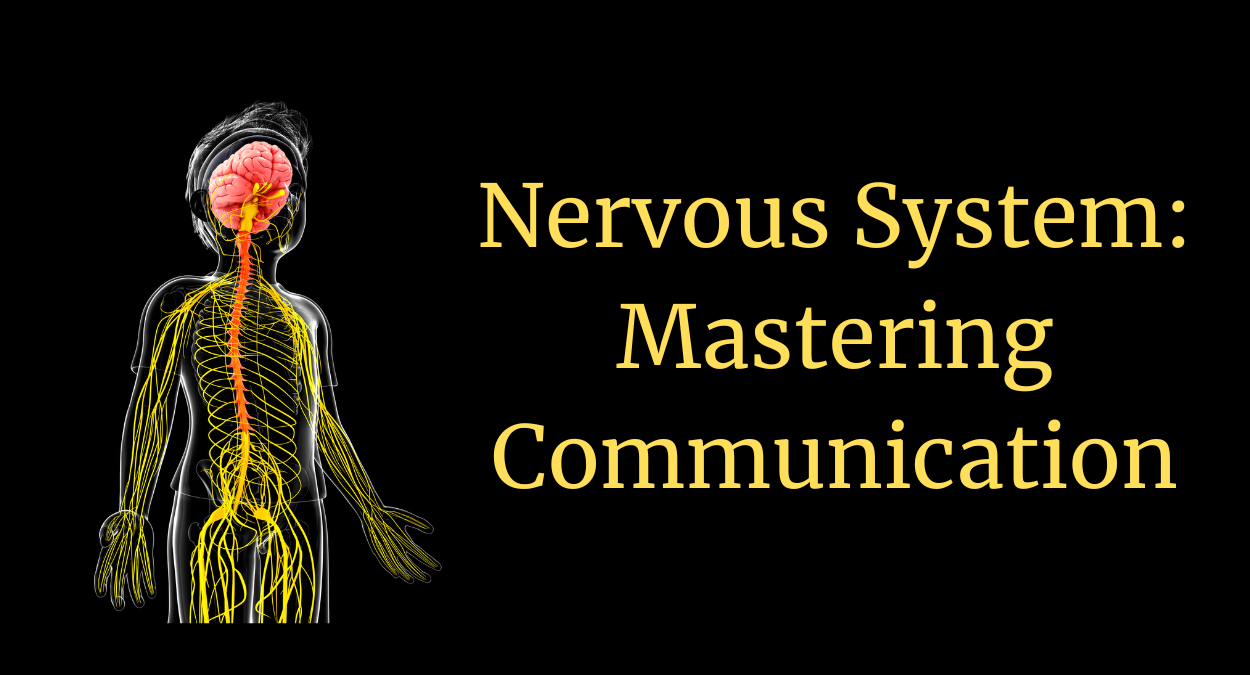
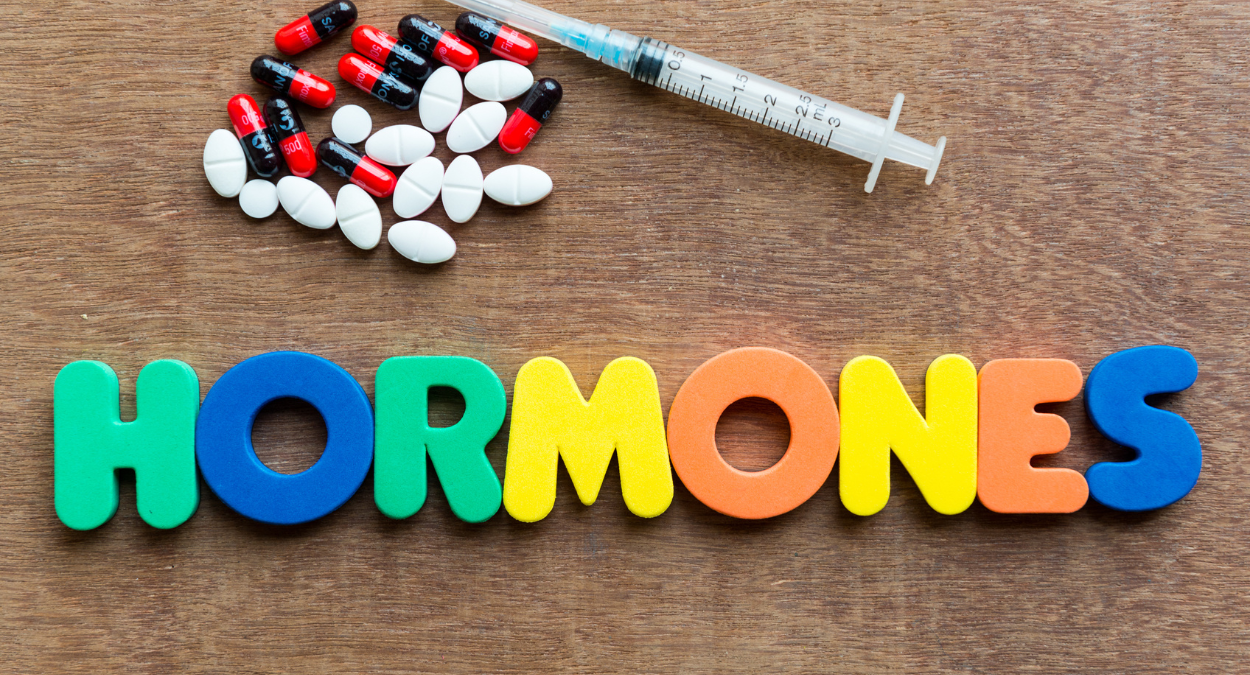

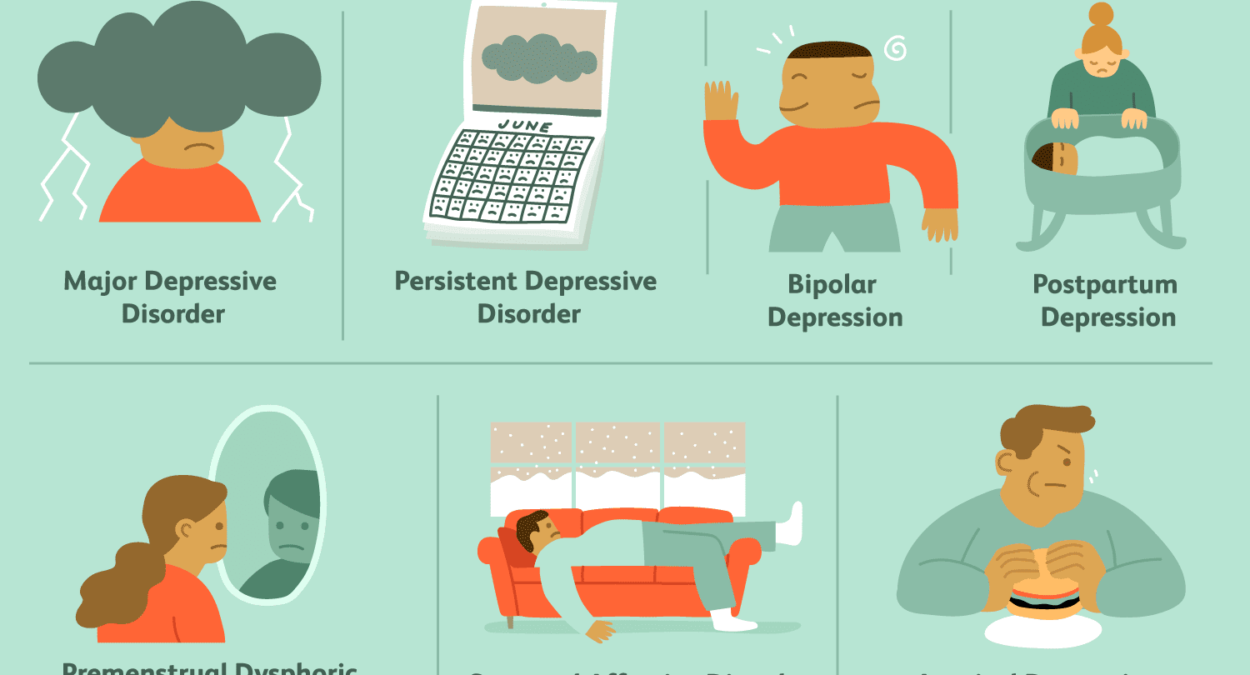
Pingback: Nervous System: Mastering Communication - Nursing Scholar 101